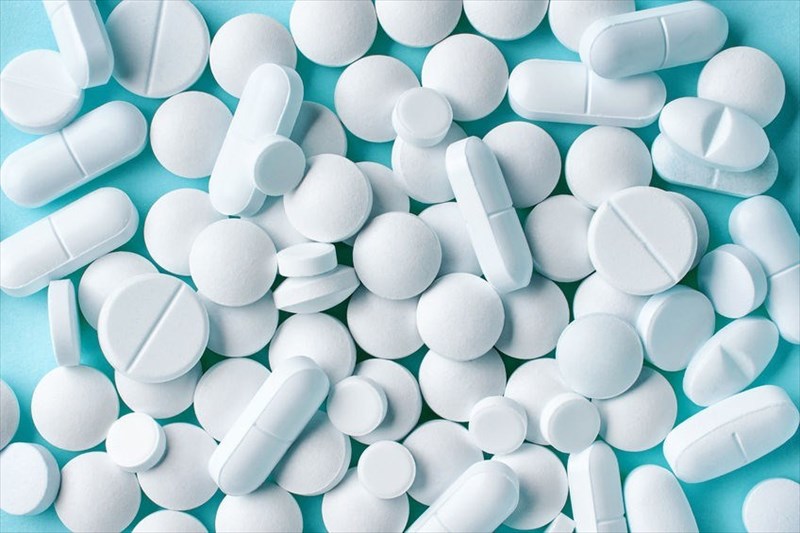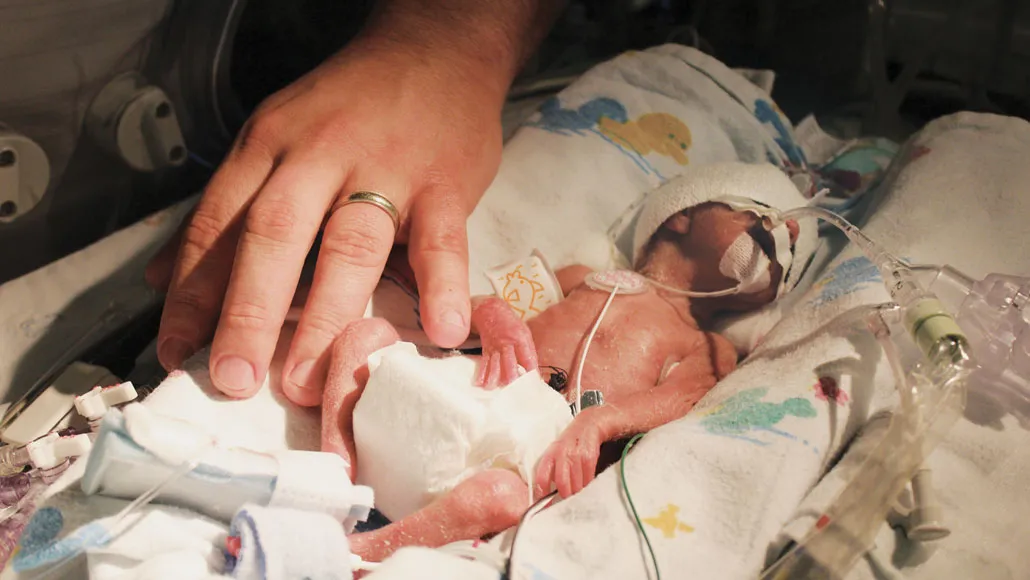The announcement has drawn sharp criticism from scientists and regulators worldwide. The WHO dismissed Trump’s advice as “highly concerning” and “unfounded.”
US President Donald Trump has stirred controversy by claiming that paracetamol (also known as acetaminophen or Tylenol) use during pregnancy may be linked to autism in children. He urged pregnant women to avoid the painkiller, pointing to a sharp rise in autism spectrum disorder (ASD) diagnoses in the US – nearly 400% since 2000, now affecting 1 in 31 children. Following his statement, the US Food and Drug Administration (FDA) announced it will initiate a safety label change, while the Department of Health and Human Services (HHS) plans a public campaign to caution families.
Trump’s claim was backed by selective citation of large-scale cohort studies, such as the Nurses Health Study II and the Boston Birth Cohort, which suggested a possible association between prenatal exposure to paracetamol and later diagnoses of ASD and ADHD (attention deficit hyperactivity disorder).
However, the announcement has drawn sharp criticism from scientists and regulators worldwide. The World Health Organization (WHO) dismissed Trump’s advice as “highly concerning” and “unfounded.” Experts have highlighted evidence to the contrary, including a 2024 Swedish study covering 2.4 million births that used sibling data and found no link between in-utero paracetamol exposure and autism, ADHD, or intellectual disability.
Autism, a Complex Neurodevelopmental Condition
Autism is a complex neurodevelopmental condition, not a disease, characterised by differences in social interaction, communication, and behaviour. Autism is a spectrum, meaning individuals with autism are diverse in their experiences and presentations. Some autistic individuals may have a high IQ and require minimal or no support.

According to UK NHS website, being autistic does not mean one has an illness or disease. Instead, autism indicates a difference in brain function compared to other people.
The rise in autism diagnoses is largely explained by better awareness, broader diagnostic criteria, and improved access to assessments – not necessarily by a surge in cases.
Research shows that autism develops through a combination of genetic and environmental factors. While risks may include advanced parental age, infections in pregnancy, or complications during birth, no single factor or drug has been proven to cause autism on its own.
According to one Indian study, the local prevalence of autism is 1.12 per 100 children between the ages of 2 and 9—that is, 1 in 68 children.
Paracetamol in Indian Context
In India, paracetamol is sold as an over-the-counter (OTC) medicine under popular brand names like Dolo-650, Crocin, and Calpol. It is the country’s most widely used pain and fever remedy, with massive sales – Calpol recorded Rs. 1,422 crore and Dolo Rs. 1,380 crore as of August 2025 (moving annual total).
Concerns over misuse, however, are not new. In 2024, the government banned 156 fixed-dose drug combinations, including some containing paracetamol, after they were deemed unsafe. However, standalone paracetamol is not banned.
For Indian families, the key takeaway is clear: paracetamol remains safe for pregnant women when taken in recommended doses. Health experts strongly advise against avoiding necessary treatment out of fear. As the global debate unfolds, regulators stress that science – not politics – should guide medical advice.




